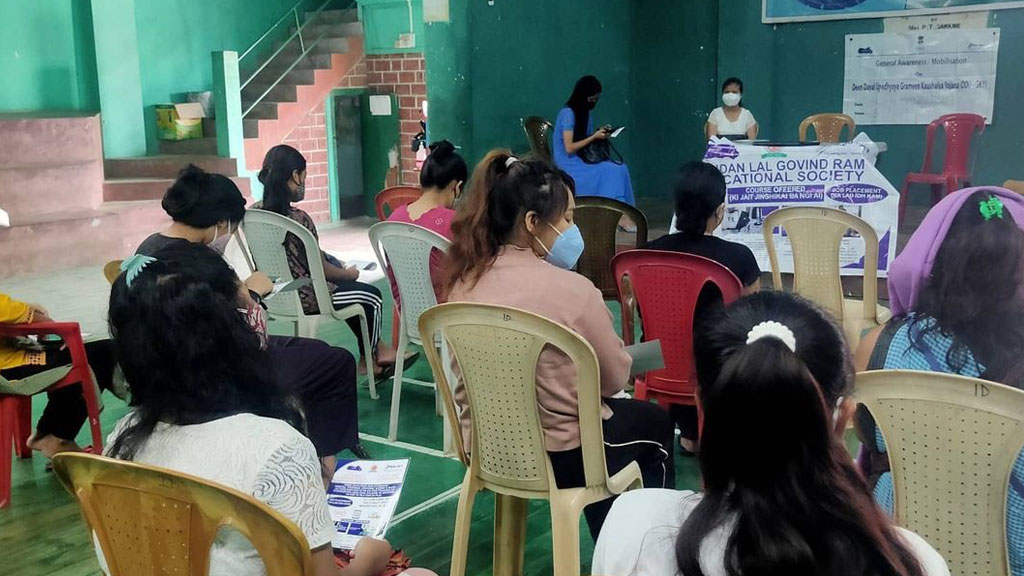Introduction:
In the contemporary landscape of Corporate Social Responsibility (CSR), the focus has shifted from traditional philanthropy to strategic initiatives that address societal challenges. One such critical area is skill development, where education emerges as a potent catalyst for individual empowerment and community progress. This article delves into the role of education as a catalyst in corporate social responsibility, specifically in the context of skill development.
Understanding the Skill Gap:
The global economy is evolving rapidly, and so are the skills required to navigate it. Corporations, as socially responsible entities, recognize the widening gap between traditional education and the skills demanded by industries. Bridging this gap becomes imperative for sustainable development.
Tailored Skill Development Programs:
Successful CSR initiatives in skill development hinge on programs that are tailored to meet the specific needs of communities. Companies can collaborate with local educational institutions and industry experts to design programs that impart practical skills, enhancing employability and entrepreneurship.
Technology and Innovation in Skill Training:
Embracing technology and innovation is crucial in designing effective skill development programs. E-learning platforms, virtual reality, and other technological tools can create immersive learning experiences, making skill acquisition more engaging and accessible.
Industry-Academia Collaboration:
The synergy between industries and academia is vital for skill development. CSR initiatives can facilitate partnerships between companies and educational institutions, ensuring that curricula align with industry requirements. Internship programs and guest lectures provide real-world exposure to students.
Empowering Marginalized Communities:
CSR efforts should prioritize marginalized communities, where access to quality education and skill development opportunities is often limited. By investing in these communities, corporations contribute to social equity and uplift individuals, fostering economic independence and community resilience.
Soft Skills and Holistic Development:
Beyond technical skills, emphasis on soft skills is crucial. Effective communication, teamwork, and adaptability are essential in the modern workplace. CSR initiatives can incorporate holistic development, ensuring individuals are not just skilled but also well-rounded professionals.
Monitoring and Evaluation:
The success of CSR initiatives lies in robust monitoring and evaluation mechanisms. Companies should establish key performance indicators to measure the impact of skill development programs, ensuring accountability and continuous improvement.
Sustainability and Scalability:
Sustainable skill development goes beyond immediate impact; it involves creating a framework that can be scaled and sustained over time. CSR programs should consider long-term viability, ensuring that the benefits of education as a catalyst for skill development endure.
Conclusion:
Education, when harnessed as a catalyst for skill development in the realm of corporate social responsibility, has the potential to transform lives and communities. By strategically aligning their initiatives with the evolving needs of the workforce, businesses can play a pivotal role in shaping a skilled, empowered, and resilient society. This commitment not only fulfills a moral obligation but also contributes to the overall prosperity and sustainability of the global community.
- By admin

